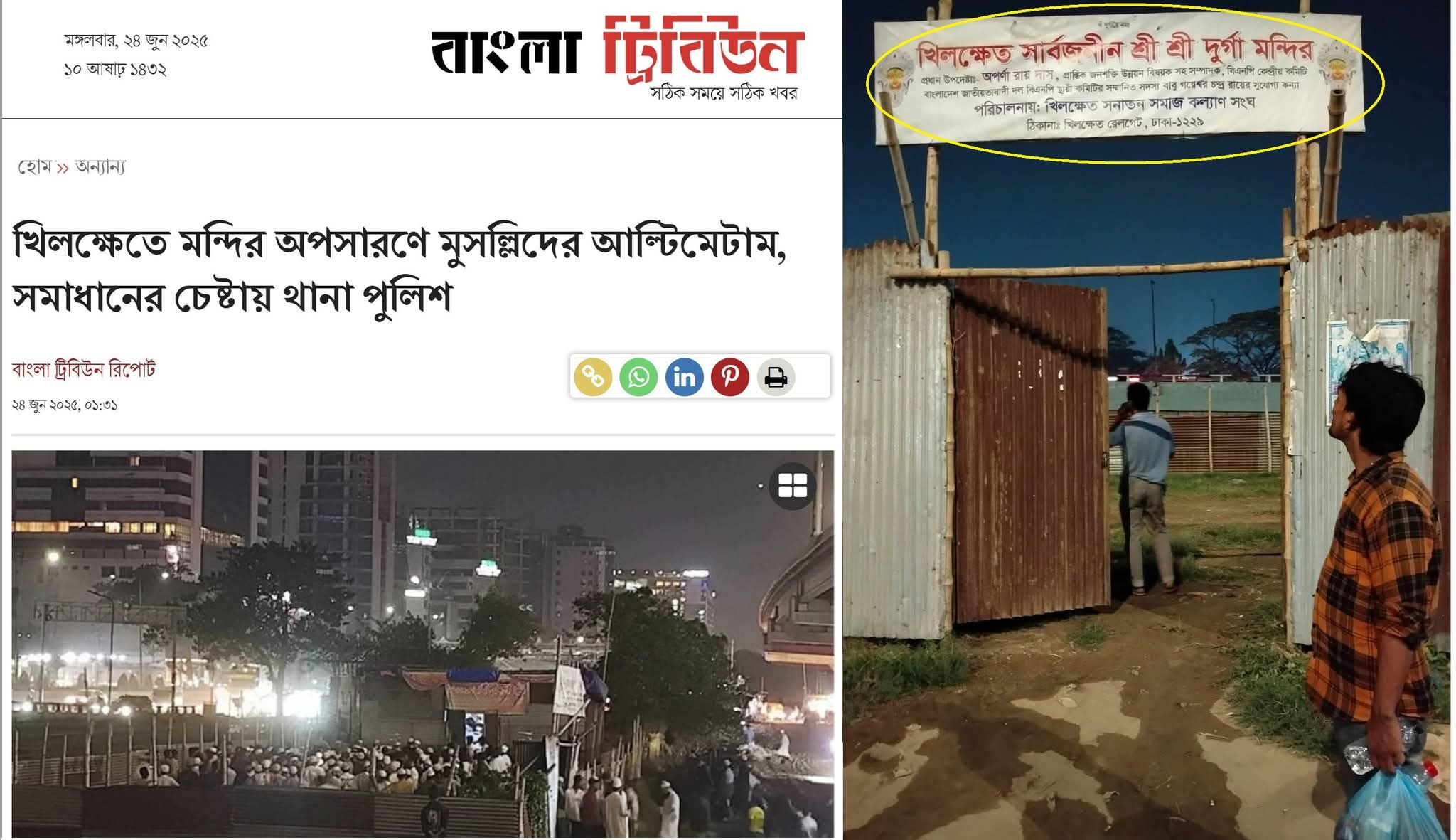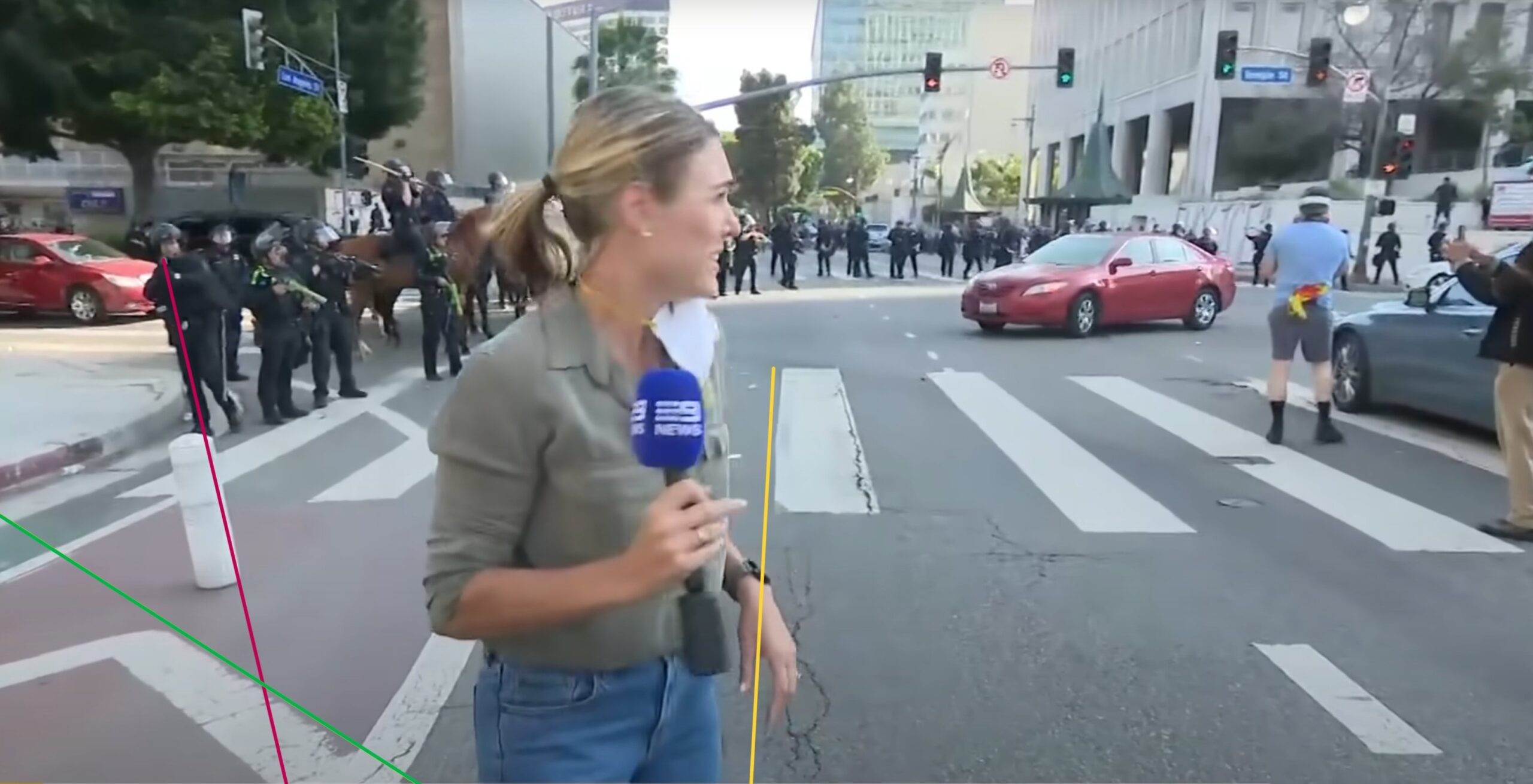New Delhi — Indian authorities have detained at least six individuals, including a Sikh student from Haryana and a Youtuber over alleged links to Pakistan and its intelligence agency, the Inter-Services Intelligence (ISI), in a series of cases that have triggered widespread media attention and sparked concerns over due process, media ethics, and communal tensions.
According to local media reports, the arrests — which have not been accompanied by formal charges or publicly disclosed evidence — include the case of a Shikh student detained on May 12 in Haryana. The arrest reportedly followed the circulation of a social media photograph showing the student holding a pistol. Police sources later alleged, without providing corroborative evidence, that he may have ties to the ISI and could be involved in an operation dubbed “Operation Sindoor.”

Photo : Shikh Student photo published by NDTV
Notably, media reports cite that the student had traveled to Pakistan in November 2024, while “Operation Sindoor” and other associated incidents are said to have taken place in April and May 2025 — raising questions about the timeline and validity of the alleged links. As of now, the claims remain unverified and under investigation, with no official charges filed.

The detentions have been accompanied by intense and often inflammatory coverage in sections of the Indian media. Prominent outlets have published and broadcast photographs of the detainees, including the student and a YouTuber among the six, labeling them “traitors” and “anti-nationals.” In some cases, media narratives have invoked the controversial and widely discredited “Love Jihad” theory to describe aspects of the individuals’ personal lives.
Journalists from prominent channels such as Aaj Tak and Zee News have gone further, labeling one of the detainees — a YouTuber — as “anti-national” and invoking the controversial “Love Jihad” narrative to describe his personal life.

Photo : Journalist Shubhankar Mishra make a video and spread disinformation against YouTuber with controversial love jihad theory
The “Love Jihad” theory, widely promoted by right-wing Hindu nationalist groups, alleges that Muslim men strategically target Hindu women to convert them to Islam through romantic relationships. The claim has been repeatedly debunked by rights groups and international media, including the BBC, which has noted the lack of credible evidence supporting the theory. Nevertheless, it continues to resurface in politically charged cases across India.
Critics, including civil rights groups and press freedom advocates, have condemned the media’s role in amplifying unverified accusations. They argue that such coverage undermines the presumption of innocence, fuels communal polarization, and erodes trust in legal institutions.
A review by investigative platform The Rummage found that most of the reporting has relied exclusively on police briefings, with little to no independent verification by journalists. Social media platforms, particularly X (formerly Twitter), have also played a significant role in disseminating unverified and sometimes doctored content related to the cases.
As the investigations proceed, human rights observers and international watchdogs are calling on Indian authorities and media outlets to uphold due process, ensure responsible journalism, and avoid actions that may inflame societal divisions or compromise the integrity of legal proceedings.







Leave a Reply